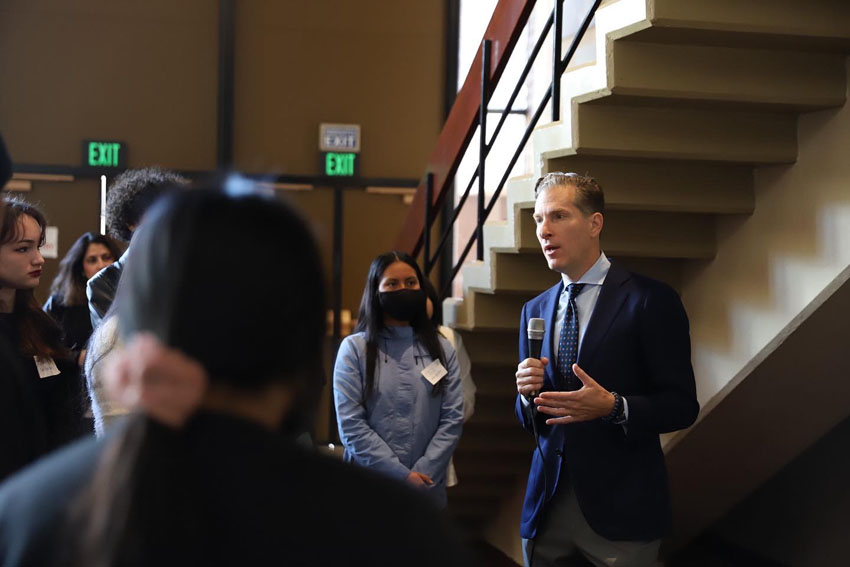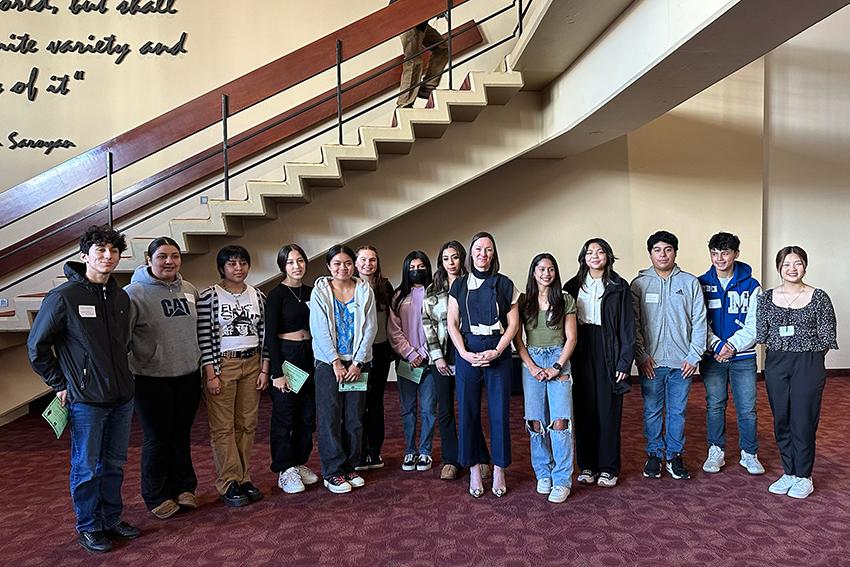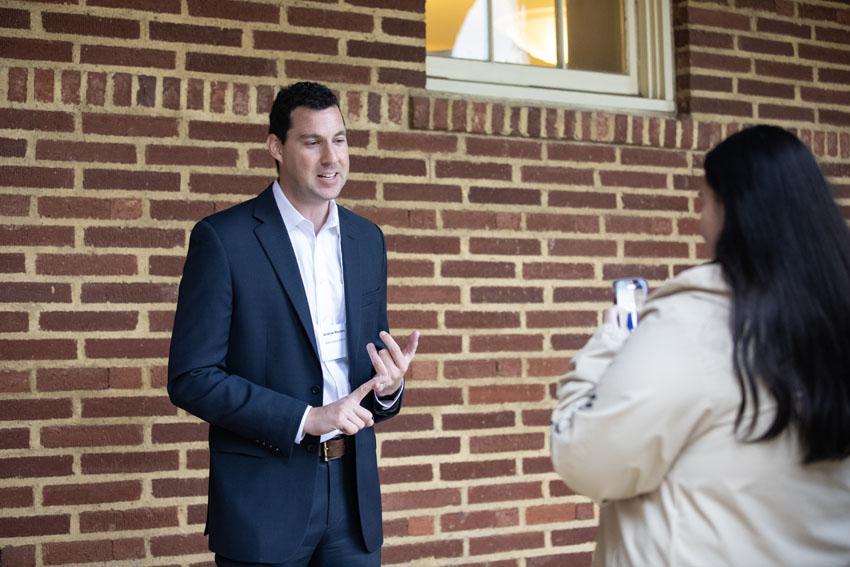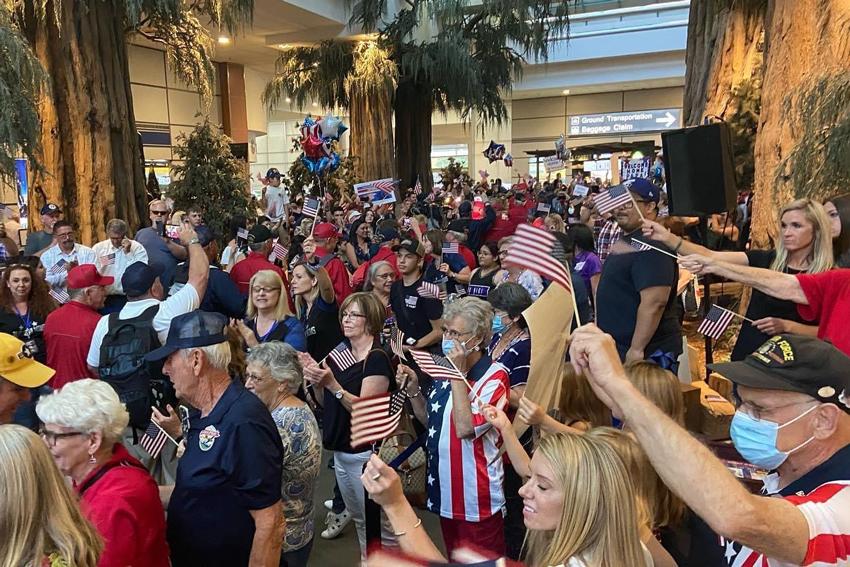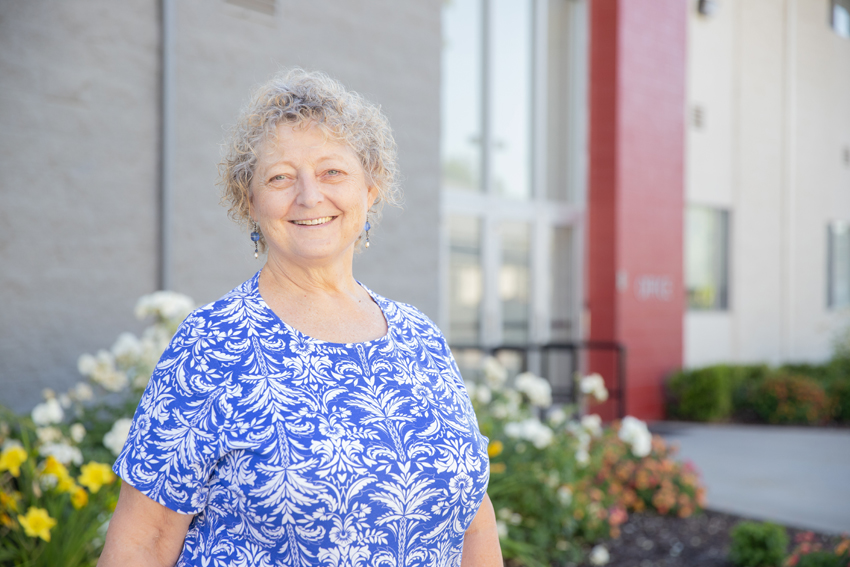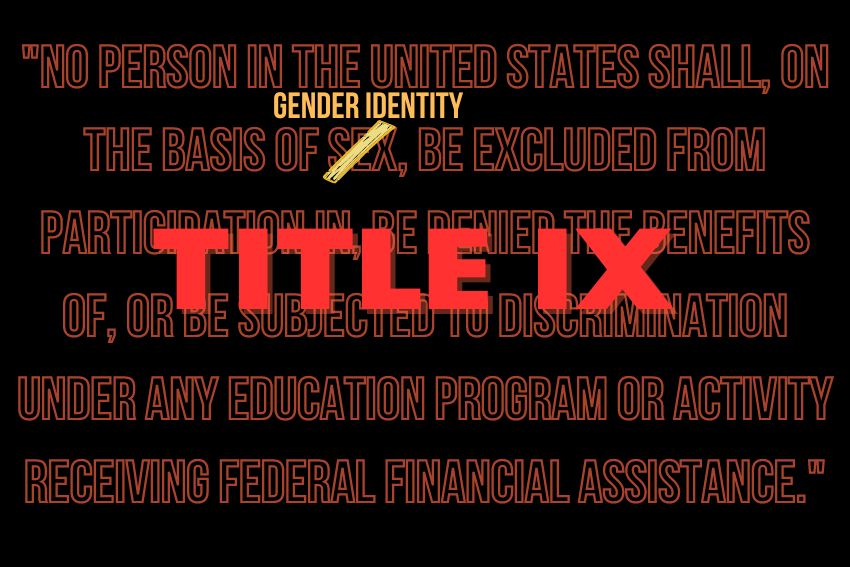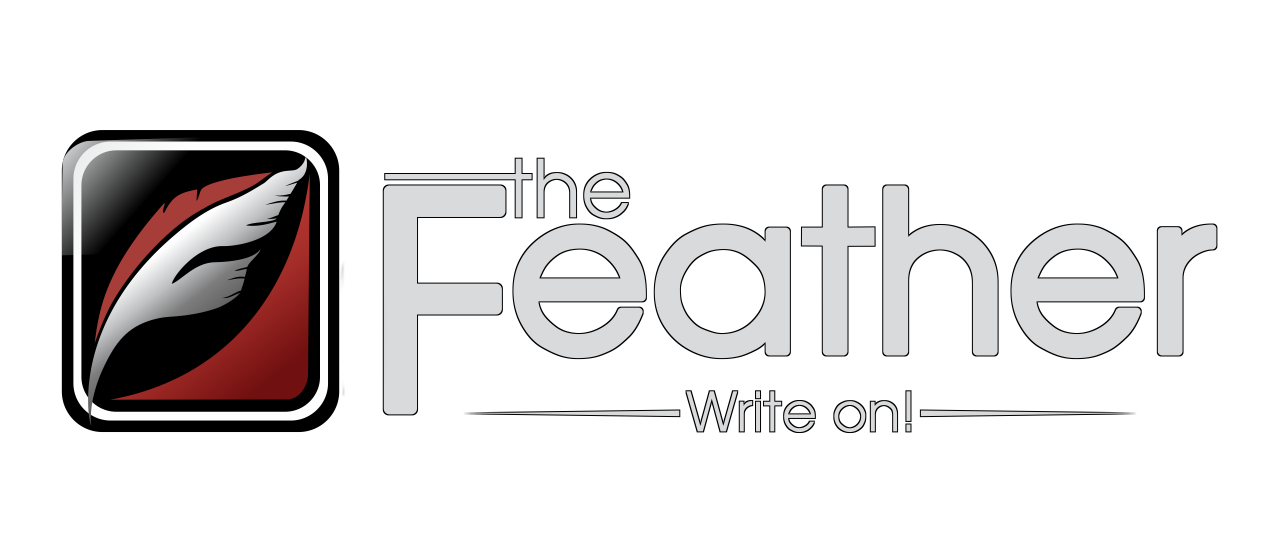Noah Feldman lectures on the history and purpose of the US Supreme Court
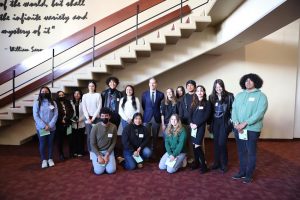
San Joaquin Valley Town Hall feature speaker for the month, Noah Feldman, candidly talks with students prior to his keynote message on the journey of the Supreme Court throughout American history, Feb. 22.
A Harvard Law professor, Feldman serves as an expert on the constitution and constitutional law. He was an advisor for the Iraqi Governing Council during their constitution drafting, and is the writer of 10 books.
He was also the introductory speaker in former President Donald Trump’s impeachment trial, and has spoken and lectured both nationally and internationally.
Feldman goes into detail with the audience about the Framers’ original purpose of the Supreme Court, as well as how it grew into what it is today. Originally Congress was written to be the most powerful part of government, with the Supreme Court not having power to do anything but decide on cases coming before Congress.
Since the writing of the constitution, the power of the Supreme Court has shifted drastically. The Court today has the power to strike down unconstitutional laws from Congress and the president, which was never in the constitution.
Anyone can turn on the news and see the discord caused by the Supreme Court. People are constantly in debate over the amount of power the Court should hold, and it always depends on the Justices themselves. Not only that, but they are quick to blindly argue for their beliefs and ideas, without even considering anyone else’s point of view.
“The Supreme Court came up with the idea that if your liberty was being deprived then the court would step in and strike down that law,” Feldman said. “The country was divided on whether that was a good thing or a bad thing. The debate was as intense then as it is now.”
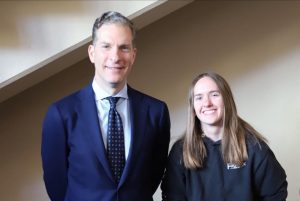
Judicial restraint, a theory for blocking Court Justices from behaving like activists, is always called for when an opposing party makes decisions based on their ideologies.
“When the Court was conservative, liberal critics of the Court developed the theory that it was wrong for the Justices to be activists, arguing for judicial restraint,” Feldman said. “Judicial restraint said that the job of justices was not to make up new rights, but rather to supervise the rule of law. However, once the liberals had a majority they wanted to be activists on civil issues and they became just as active as the conservative Supreme Court.”
In reality, no one Justice is likely attempting to maliciously advance and push their ideologies when making decisions. They are trying to interpret a constitution that was written over 200 years ago by Framers who could never have anticipated the future.
The Court’s decisions being influenced by beliefs and morals is an unavoidable occurrence. Whether or not the Justices, or anyone, would like to admit it, every decision is affected at least partly by individual experiences.
When people think about who they want to be on the Supreme Court, their desires will constantly change. People have to ask themselves “who would you rather have making these decisions?” The answer probably changes depending on who is in power and what the social and political climate is like.
It is important to keep in mind that everyone involved are real people, with real problems and real political issues. Those directly involved with the Court are educated and capable of thoughtfully interpreting the constitution.
View this post on Instagram
To read more from The Feather, go to Serve Day 2023 or Moving Forward: Navigating Friendships.



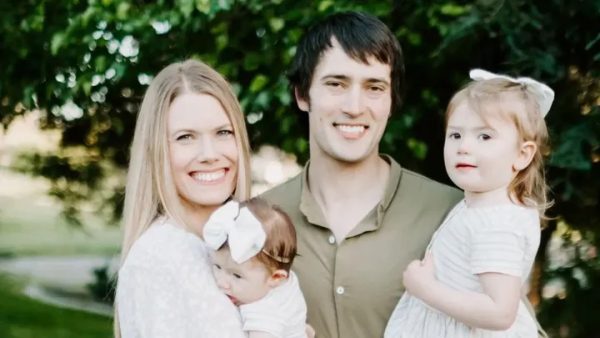

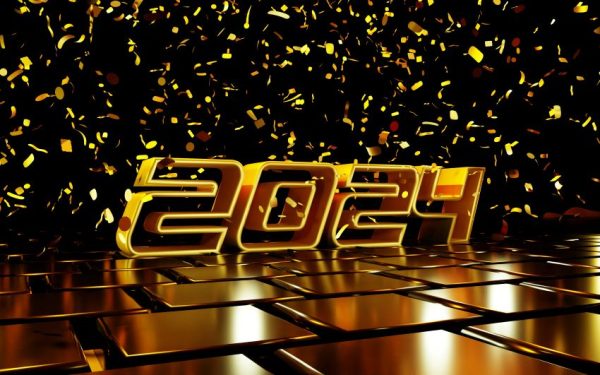


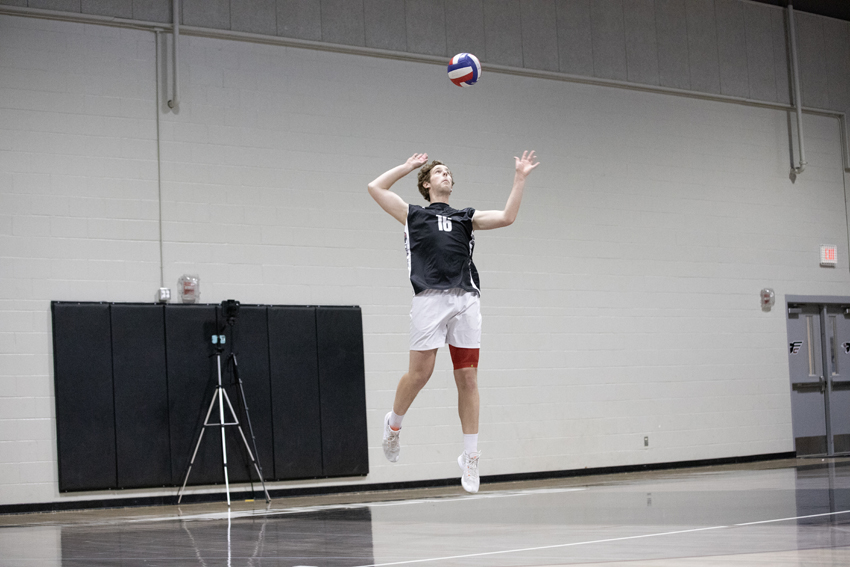
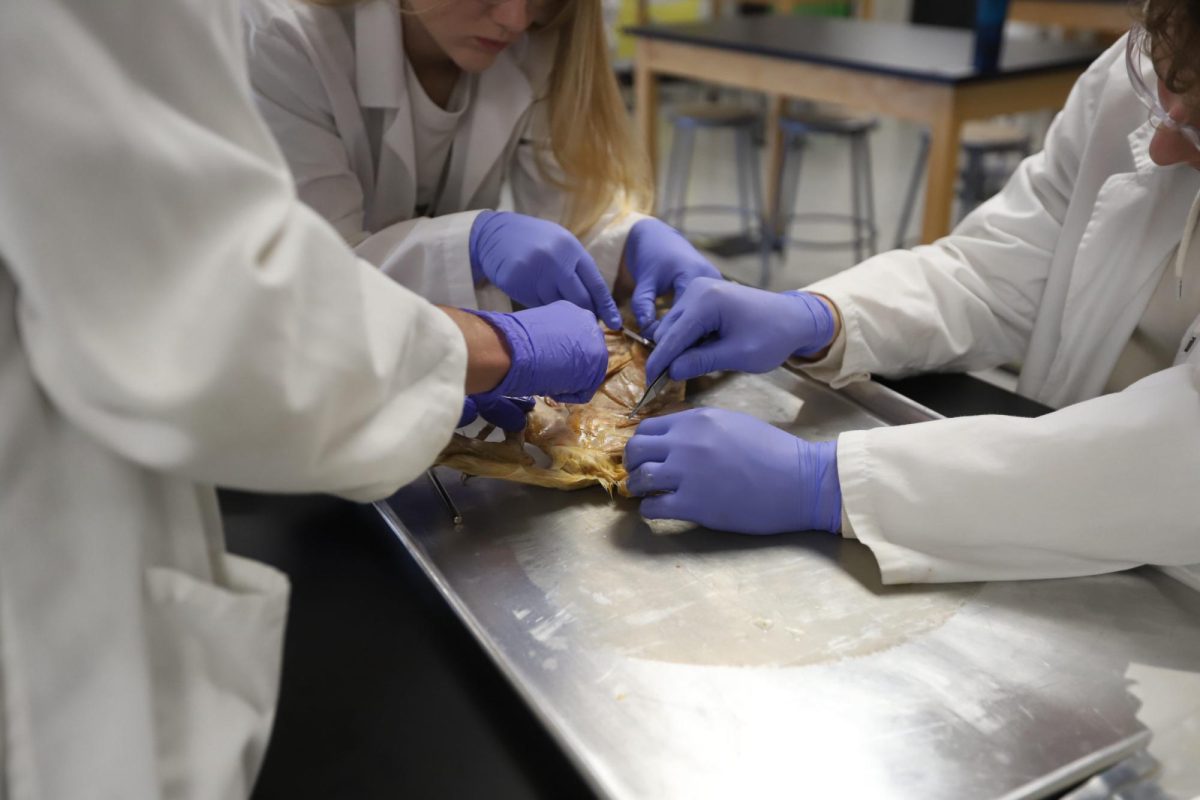
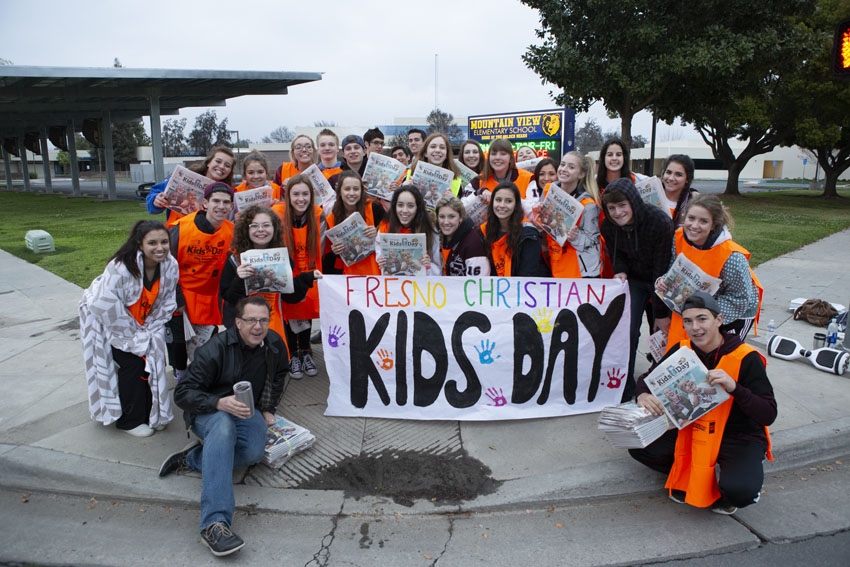
![[Video] 100th CSPA Spring Journalism Conference](https://thefeather.com/wp-content/uploads/2024/04/20240308-cspa-crown-002.jpg)

